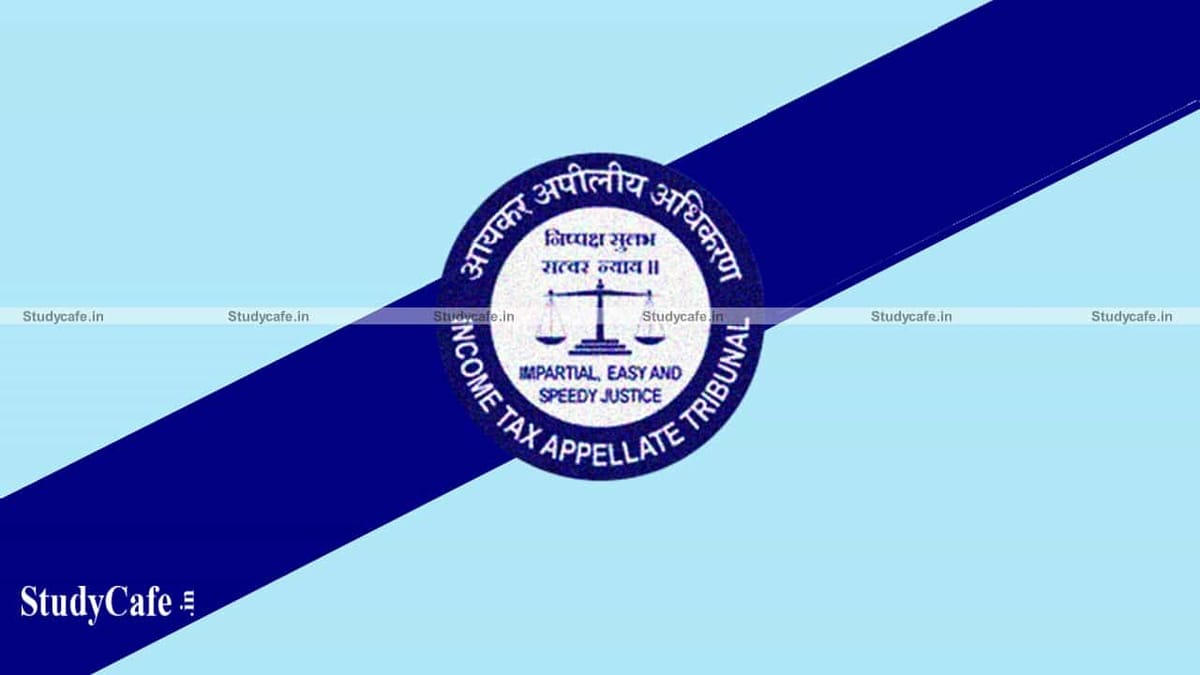Test for deductible expenditure of business is that it must have been made wholly and exclusively for the purpose of business
JAHNVI SHAH | Oct 27, 2021 |

The Learned Income Tax Appellate Tribunal heard together four appeals filed by the assessee company and the Commissioner of Income Tax where the relevant Assessment years were between 2011 and 2016. The legal position was asserted that when deciding whether a particular expenditure is deductible under the Income Tax Act, 1961, what must be seen is whether the expenditure was made wholly and exclusively for the purpose of business of the assessee and that it is supported by necessary evidences.
Facts: The relevant facts of the case are that the assessee, M/s. Dong Woo Surface Tech India Pvt. Ltd., is the subsidiary company of M/s. Dongwoo HST Co. Ltd. The Indian subsidiary company, based in Chennai, is engaged in the business of manufacturing, supply and installation of industrial furnaces and related services and required the supervision of its parent company for carrying out such activities. Such supervisory service is provided by the foreign parent company in lieu of supervisory services by supplying supervisory team from Korea. The two companies have entered into a contract which defines the scope of supervisory services on 25 December, 2007 and it is renewed timely. In Assessment Year 2011-12 and 2014-15, the assessee company had claimed deduction for supervisory fees paid for earlier years as TDS was not deducted previously. In subsequent years, the deduction for supervisory fees was claimed in the same year after due deduction of TDS as per law. The AO, on reassessment, sought addition of the deduction claimed by assessee between years 2011 to 2016 for payment of such supervisory fees on several grounds and, also, sought reopening of assessment under Section 147 of the Act for AY 2011-12 and 2013-14. The contention of the AO with regard to such deduction is that the said payment was made without any actual business expediency and no particular service is actually received.
AO’s contention: The AO noted that the parties to the transaction are related parties and called for evidence from the assessee company for having made such a payment to the parent company. Citing following reasons:
The AO was of the opinion that the transaction was “only a device adopted by the assessee and its parent company to shift profit from one tax territory to another tax territory without any actual business expediency”.
Legal background: In the appeal filed with the CIT (A), the assessee had filed further evidence including bills issued by parent company, travel details of expatriates to India on various occasions to provide services, and extracts of email communication with respect to work instructions and draft plans made during the relevant period. Considering this, the CIT (A) opined that the case of the assessee was supported by necessary evidence and hence overturned the judgment of the AO.
The AO contended, at this stage, that the order of CIT (A) was erroneous on grounds that it was in violation of Rule 46A of the Income Tax Rules, 1962 which relates to the “Production of additional evidence before the Deputy Commissioner Appeals and Commissioner Appeals”.
Held: The Learned Tribunal, while ruling in favor of the assessee company, upheld the order of the CIT (A). It held that it is not the job of the AO to judge whether a particular expense made by an assessee is required to be incurred or not. The legal position is that the AO “cannot question rational and necessity of incurring any particular expenditure”. When allowing or disallowing particular expenditure what must be seen is whether the expenditure was made wholly and exclusively for the purpose of business of the assessee and that it is supported by necessary evidences.
The Learned Tribunal relied upon the judgment in CIT Vs Chandulal Keshavlal & Co. (1960) 38 ITR 601 (SC) which in order to decide whether expenditure is deductible, commercial expediency and the principles of ordinary commercial trading must be considered. It must be decided on the facts of particular case and there is no decided law as such.
To Read Official Judgment Download PDF Given Below:
In case of any Doubt regarding Membership you can mail us at contact@studycafe.in
Join Studycafe's WhatsApp Group or Telegram Channel for Latest Updates on Government Job, Sarkari Naukri, Private Jobs, Income Tax, GST, Companies Act, Judgements and CA, CS, ICWA, and MUCH MORE!"